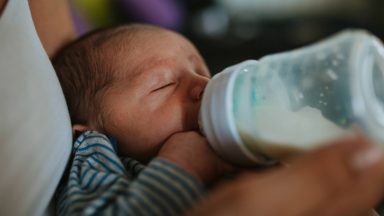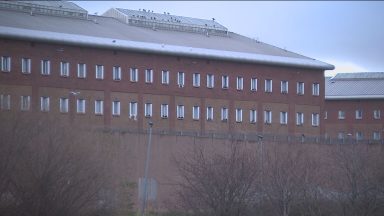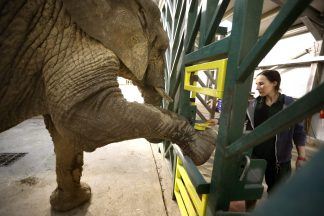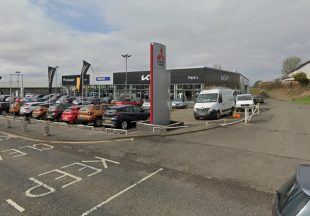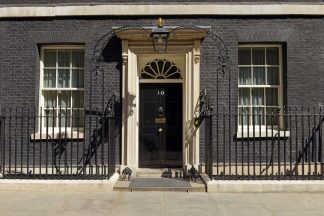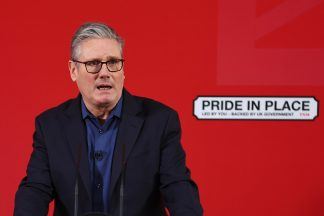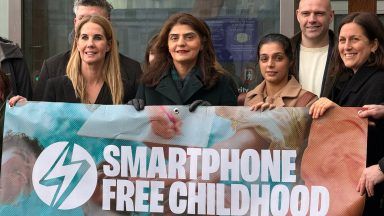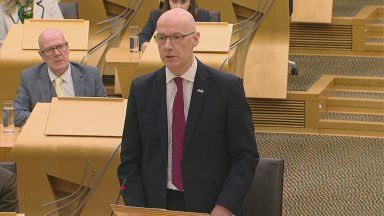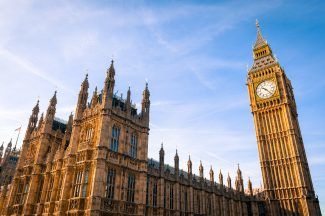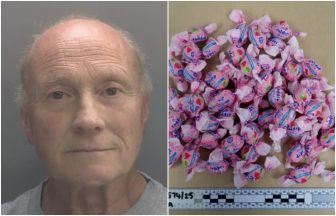An annual cap on net migration would be “difficult” to manage, Home Secretary James Cleverly said as he outlined plans to reduce numbers.
Several Conservative MPs said they welcomed moves to bar overseas care workers from bringing family dependants and to raise the salary threshold for skilled workers to £38,700.
Calls for further changes were also aired from the Government’s backbenches, including an annual migration budget, alongside concerns the changes could “damage” the care sector and claims the skills-based migration policy has “failed”.
Official estimates showed net migration for 2023, up to June, stood at 672,000.
Conservative former minister Jacob Rees-Mogg said: “Does he think it would be a good idea to have a cap on the number coming in?”
Cleverly said: “Whilst I understand the calls for a cap, in practical terms managing a cap is difficult.
“We would want to make sure that we are being as generous as possible to the people who contribute to our society and to our economy, and recognise that not every single individual – the difference between a child that would count as one person against a cap or to an investor that may bring a huge number of jobs, they are not the same, and we want to be able to make the difference between the two.”
Tory former home secretary Suella Braverman has previously said she pushed for a number of measures, including an annual cap on net migration, while in government.
Labour MP Neil Coyle (Bermondsey and Old Southwark) raised concerns that the national economic interest is “in the hands of Tory headbangers”.
Conservative former minister Sir Simon Clarke, who welcomed the changes, later said in the Commons: “Does it not speak volumes in fact we’re described as headbangers for pointing out what is blindingly obvious to those of us on these benches?”
Sir Simon added: “What consideration has (Mr Cleverly) given to an annual migration budget so that we could all be held accountable for the choices that we make on behalf of our constituents?”
Cleverly said MPs should “always be conscious” about the impact their decisions have on people, adding: “That is why we’ve listened very, very carefully to those people who have said that there are housing shortages in their local areas, that the school places are becoming harder to find in their local areas.
“And when they see figures significantly higher than they were promised, they would want us to take action. We are now taking action – that was always part of taking back control.”
Conservative former minister Kelly Tolhurst, who said the migration numbers are “too big and unsustainable, particularly for communities in the south east”, asked for an annual review to change the rules to “suit the needs at the time” for the UK.
Conservative former minister Damian Green earlier raised questions about the inability of care workers to bring dependants with them.
He said: “How many care workers does he think will be deterred by that? How much fewer will be the numbers coming here? Because there is a huge shortage in the care sector at the moment, of about 150,000, and I would hope that this isn’t a significant contributor to the reduction in numbers, because if it is, it will cause damage to the care sector.”
Cleverly, in his reply, said: “We do not envisage there being a significant reduction in demand because of these changes that we have made, but what it will mean is that we have the care workers that we need, and not the estimated 120,000 other people that have in most recent years come with them.”
Conservative former minister George Eustice, a Brexit backer, said: “Isn’t the problem with a skills-based immigration policy that it gives preferential access to bankers, to lawyers, to accountants, to economists even though we have no need for such people in this country? We have plenty here, homegrown talent, but it actually makes it very difficult to recruit the people we do need – care workers, people who work in the food industry, in manufacturing, producing things generally or indeed in the tourism industry.
“So will the Secretary of State consider moving away from this failed skills-based migration policy and instead move to one based on the needs of our economy?”
Cleverly replied: “The truth is the figures just do not bear out his assessment. The vast, vast majority of the people that we’ve seen in the last couple of years’ worth of immigration figures are in the lower end of the skills spectrum.”
For Labour, shadow home secretary Yvette Cooper accused Prime Minister Rishi Sunak of being in a “chaotic panic” over immigration.
Cooper also said: “The previous prime minister (Boris Johnson) was accused of being a shopping trolley, veering around from one side to the other. The current Prime Minister is clearly veering but he certainly isn’t steering – he’s just climbed into someone else’s shopping trolley and he’s being pushed around all over the place.”
Follow STV News on WhatsApp
Scan the QR code on your mobile device for all the latest news from around the country




